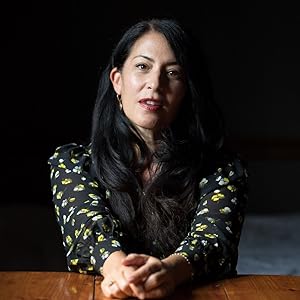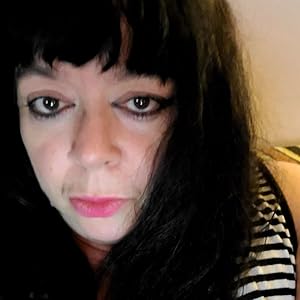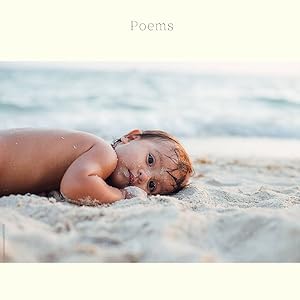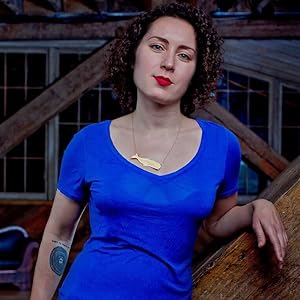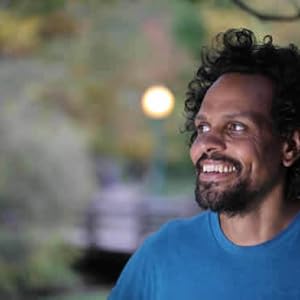Jane Hirshfield
关于作者
Jane Hirshfield is the author of ten collections of poetry, including THE ASKING: NEW & SELECTED POEMS (Knopf, 2023), LEDGER (Knopf, 2020); THE BEAUTY (Knopf, 2015), longlisted for the National Book Award and a San Francisco Chronicle Best Book of 2015; COME, THIEF (Knopf, 2011); AFTER (HarperCollins, 2006), named a Best Book of 2006 by The Washington Post, The San Francisco Chronicle, and England's Financial Times, and a finalist for England's prestigious T.S. Eliot Prize; GIVEN SUGAR, GIVEN SALT, finalist for the 2001 National Book Critics Circle Award, and winner of the Bay Area Book Reviewers Award; THE LIVES OF THE HEART; THE OCTOBER PALACE; OF GRAVITY & ANGELS, winner of the Poetry Center Book Award; and ALAYA. Hirshfield is the author as well of two now-classic essay collections, NINE GATES: ENTERING THE MIND OF POETRY (HarperCollins, 1997) and TEN WINDOWS: HOW GREAT POEMS TRANSFORM THE WORLD (Knopf, 2015). Her bestselling THE HEART OF HAIKU, an Amazon Kindle Single exploring the essence of haiku and its 17th-century founding poet, Matsuo Basho, was named both a "Best Kindle Single" and an Amazon Best Book of 2011. Hirshfield has additionally edited and co-translated three books collecting the work of women poets from the past: THE INK DARK MOON: Love Poems by Komachi & Shikibu, Women of the Ancient Court of Japan (Vintage Classics, 1990), WOMEN IN PRAISE OF THE SACRED: 43 Centuries of Spiritual Poetry by Women (HarperCollins, 1994), and, with Robert Bly, MIRABAI: ECSTATIC POEMS (Beacon Press, 2004). Hirshfield's honors include The Poetry Center Book Award; fellowships from the Guggenheim and Rockefeller Foundations, the National Endowment for the Arts, and the Academy of American Poets; Columbia University's Translation Center Award; and the Commonwealth Club of California's California Book Award. Her work appears in The New Yorker, The Atlantic, The Nation, Harper's, The New York Review of Books, The TLS, The American Poetry Review, Poetry, The Paris Review, McSweeney's, Orion, ten volumes of The Best American Poetry (including the 25th anniversary Best of the Best American Poetry volume), and many other publications. Her work has been featured numerous times on national public radio, and she appears in two Bill Moyers PBS television specials. In fall 2004, Jane Hirshfield was awarded the 70th Academy Fellowship for distinguished poetic achievement by The Academy of American Poets, an honor formerly held by such poets as Robert Frost, Ezra Pound, William Carlos Williams, and Elizabeth Bishop. In 2012, she was elected a chancellor of the Academy of American Poets, and also named the third recipient of the Donald Hall--Jane Kenyon Prize in American Poetry. In 2019 she was elected to the American Academy of Arts & Sciences. Hirshfield's work has been called "passionate and radiant" by the New York Times Book Review, and described by the San Francisco Chronicle as evidencing "the grasp of a master" and "filled with somber, judiciously lit treasures." A starred review in Booklist describes "poems of exquisite restraint and meticulous reasoning," while a British magazine, Agenda, states, "The poems' realized ambition is wisdom." The Washington Post describes Hirshfield as taking her place in the "pantheon of modern masters." Never a full-time academic, Hirshfield has been a visiting professor at UC Berkeley, Stanford University, and elsewhere, a member of the Bennington College MFA faculty, and was the 2022 Seamus Heaney International Visiting Poetry Fellow at Queens University, Belfast. She has appeared widely at writers conferences, literary centers, and festivals both in this country and abroad. Her work has been translated into seventeen languages, and her books have appeared on bestseller lists in San Francisco, Detroit, Canberra, and Krakow. Jane Hirshfield was born in New York City in 1953 and was a member of the first graduating class at Princeton University to include women. After graduating, she did a year of farm labor in New Jersey before travelling slowly west in a red Dodge van with tie-dyed curtains, sleeping as often as possible by creeks in national forests. She studied Soto Zen intensively for eight years, including three years in monastic practice at Tassajara Zen Mountain Center in the wilderness inland from Big Sur, and received lay ordination in 1979. She has cooked at Greens Restaurant in San Francisco, driven 18-wheel truck, worked as the independent editor of several books that have sold in the millions, and spent four years living without electricity. In recent years she has become increasingly engaged in the dialogue between poetry and science. She has been poet in residence for both a neuroscience program at UCSF and an experimental forest in Oregon, and in 2017, she read a poem on the Washington Mall at the first March for Science, to an audience of 40-50,000 people. She lives in the San Francisco Bay Area in a small white house surrounded by fruit trees, a vegetable garden, lavender, and roses.
阅读完整简历










